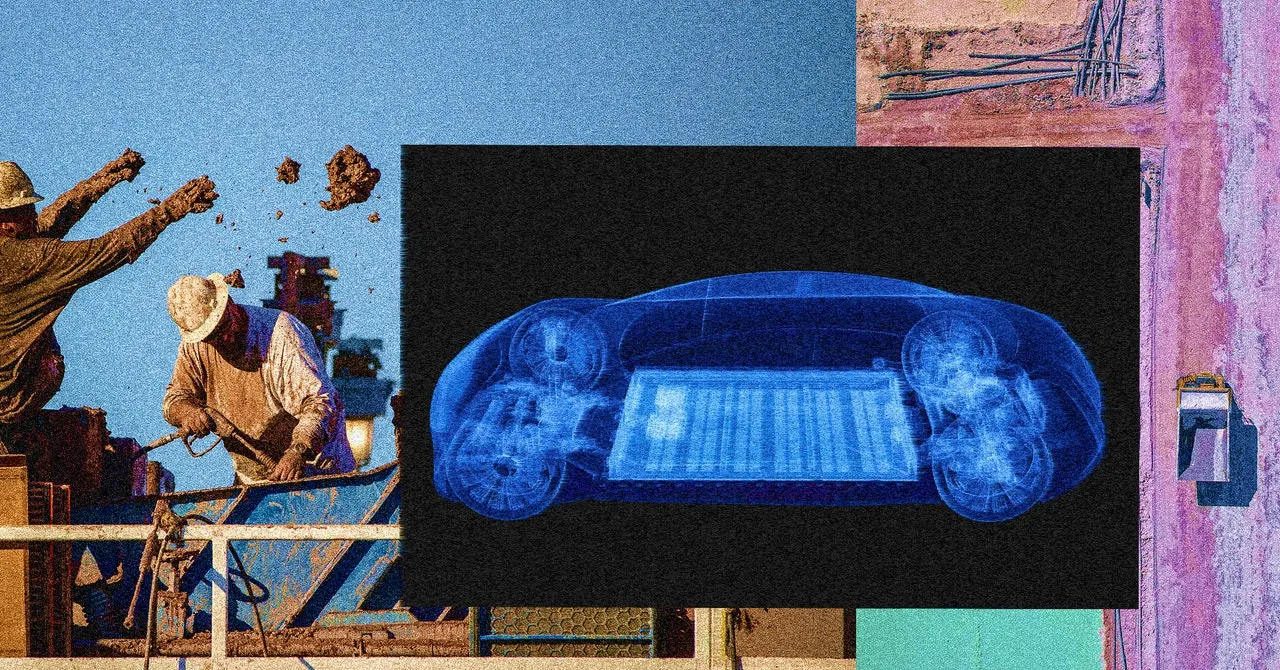Electric Vehicles and the Human Rights Crisis in Battery Production

The Urgent Need for Ethical Practices in Electric Vehicle Production
As electric vehicles gain ground in the automotive market, the spotlight turns to the infrastructure, batteries, and ethical concerns intertwined in their production. A recent report by Amnesty International highlights severe deficiencies in human rights measures adopted by leading manufacturers focusing on EVs and hybrids.
Human Rights Violations in Mining
Analyses show that the extraction processes for essential energy minerals used in electric vehicle batteries, particularly cobalt and lithium, often involve severe labor exploitation. Amnesty International's 'Recharge for Rights' report ranks several automakers, and BYD, the world's largest EV manufacturer, scored the lowest by failing to maintain transparency in its practices.
Urgent Call to Action
- Global impact: The Democratic Republic of the Congo supplies over two-thirds of the world's cobalt, with conditions for miners being perilous and often exploitative.
- Corporate accountability: Companies are urged to take significant steps toward ensuring human rights are prioritized in their supply chains.
- Support for miners: Transitioning to ethical sourcing could help improve the situation for those employed in these precarious conditions.
Ultimately, the call for better human rights practices in electric vehicle manufacturing is more pressing than ever. Without meaningful action, the drive for sustainable and ethical cars could fall short of its promises.
This article was prepared using information from open sources in accordance with the principles of Ethical Policy. The editorial team is not responsible for absolute accuracy, as it relies on data from the sources referenced.